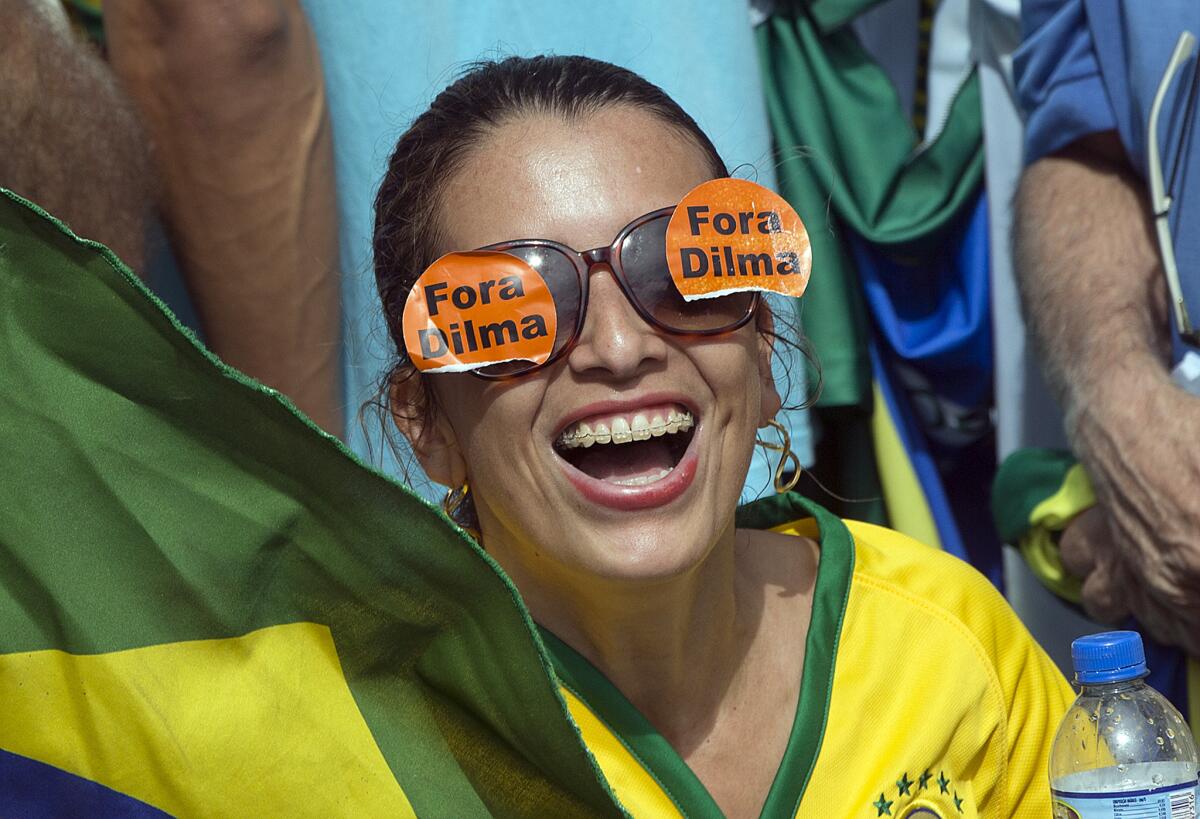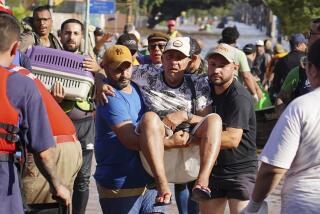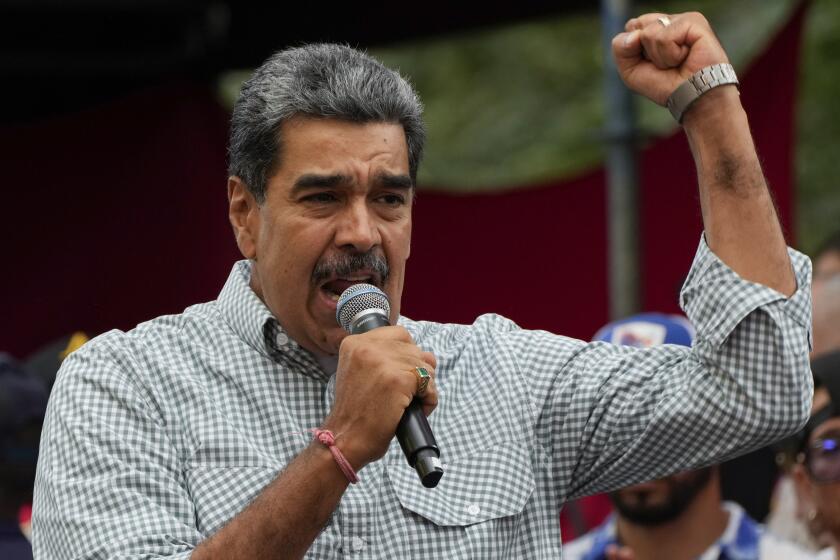Hundreds of thousands march against government in Brazil

Hundreds of thousands of Brazilians took to the streets in cities across the country on Sunday to protest a government beleaguered by scandal, with some calling for President Dilma Rousseff’s impeachment.
Sunday marked 30 years since the end of the country’s 21-year-long military dictatorship.
Sao Paulo, Brazil’s largest city, saw the biggest protests, although crowd estimates varied widely. The polling institute Datafolha put the number at 210,000, but military police said 1 million people had taken to the streets.
Demonstrations took place in 22 other states, as well as the nation’s capital, Brasilia, where 45,000 demanded an end to government corruption. The city of Belo Horizonte saw 30,000 protesters, and 15,000 took over part of Copacabana beach in Rio de Janeiro before making their way to the Leme neighborhood.
“Sitting on your couch at home doesn’t resolve anything,” said Marcelo Bacos, a 42-year-old systems analyst who marched in Sao Paulo with a sign that read, “Red flags are for Cuba! This is Brazil,” and “Everything has to change. Impeachment is insufficient.”
The reference to red flags was a jab at the colors of Rousseff’s leftist Workers’ Party.
Rousseff is unlikely to face impeachment, despite another sluggish year for Brazil’s economy and a multibillion-dollar corruption scandal at the state-run oil company, Petrobras. Sunday’s protest, however, along with a pro-government rally Friday, reflects a polarized country that has become increasingly unsatisfied with its leadership. Rousseff’s approval rating dropped last month to 23% from 42% in December.
Brazil was roiled by sometimes violent protests in 2013 as people demanded better public services and less spending on the 2014 World Cup. Sunday’s protests were largely peaceful, although 20 people associated with a nationalist group were arrested in Sao Paulo on suspicion of carrying brass knuckles, fireworks and homemade bombs.
Langlois is a special correspondent.
More to Read
Sign up for Essential California
The most important California stories and recommendations in your inbox every morning.
You may occasionally receive promotional content from the Los Angeles Times.










